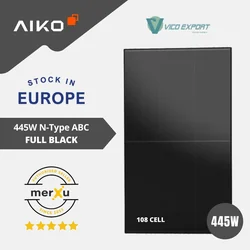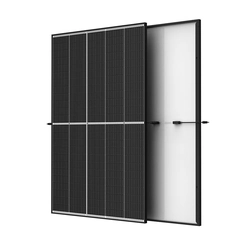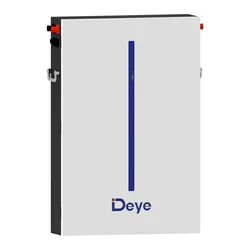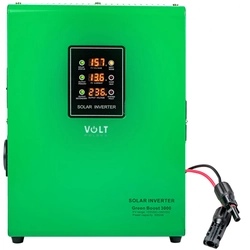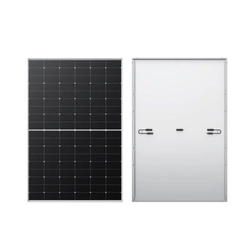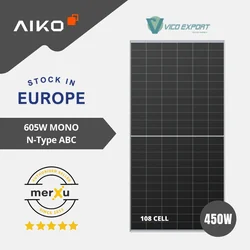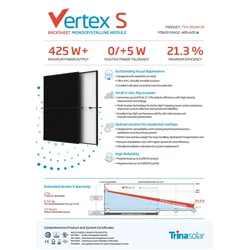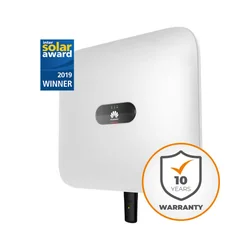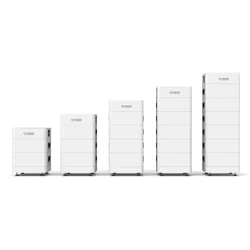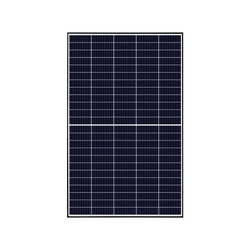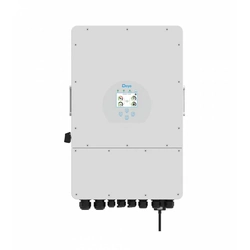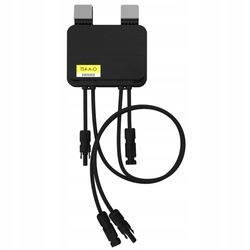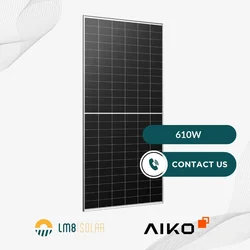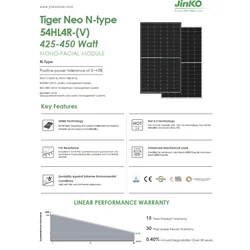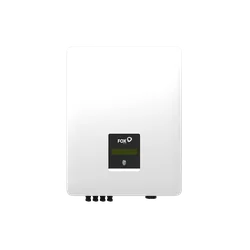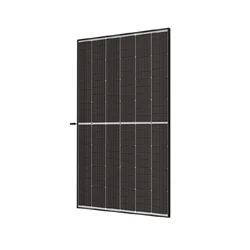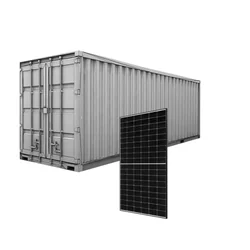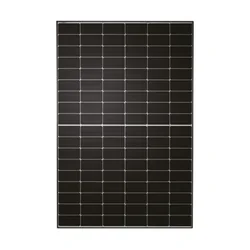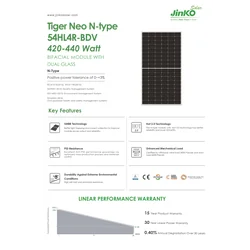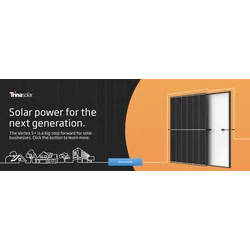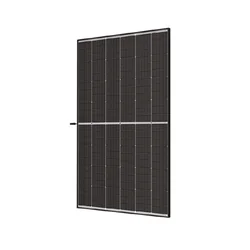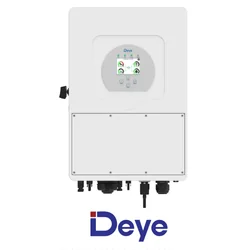
Innovative financing models for renewable energy projects in the European Union
Innovative financing models for renewable energy projects in the European Union
The European Union (EU) has set ambitious targets for renewable energy production, aiming to achieve a 32% share of renewable energy in its energy mix by 2030. To reach this goal, innovative financing models and funding opportunities are essential for the development and implementation of renewable energy projects. In this article, we explore various financing models and funding opportunities available for renewable energy projects in the EU, and how they can benefit industrial entrepreneurs.


TRINA 440W Solpanel Trina Vertex S+ PV-modul TSM-440-NEG9R.28 N-type sort ramme 440W 440 W

Deye RW-M6.1 Energilagring 51.2V 120Ah LiFePO 4

Solomformer til vandvarme AZO ECO Solar Boost MPPT-3000 PRO 3.5kW

Jinko JKM480N-60HL4-V, Jinko 480 sort ramme

Centerklemme, længde 50mm, anodiseret sort

VOLT POLSKA GREEN BOOST MPPT 3000 (120-350VDC) SOLOMFORMER TIL VANDOPVARMNING, KEDEL 3SR3000001

Fotovoltaisk modul PV panel 435Wp Longi Solar LR5-54HTH-435M Hi-MO 6 Explorer Sort ramme Sort ramme
Public-Private Partnerships (PPPs)
Public-Private Partnerships (PPPs)
One of the most popular financing models for renewable energy projects in the EU is the Public-Private Partnership (PPP). PPPs involve collaboration between public authorities and private sector entities, combining the strengths of both sectors to develop, finance, and operate renewable energy projects. The public sector provides regulatory support, land, and infrastructure, while the private sector brings in capital, technology, and expertise. This model has been successful in attracting investments and accelerating the deployment of renewable energy projects across the EU. For industrial entrepreneurs, PPPs offer a lower risk profile, access to public funding, and a stable regulatory environment.

Trina 420W TSM-420DE09R.05 Fuldsort

Fotovoltaisk modul PV panel 410Wp Risen RSM40-8-410M Mono Half Cut Black Frame

Deye SUN-12K-SG04LP3-EU | 12000W |
Green Bonds
Green Bonds
Green bonds are another innovative financing model that has gained traction inthe renewable energy sector. These bonds are issued by governments, financial institutions, or corporations to finance environmentally friendly projects, including renewable energy. The proceeds from green bonds are earmarked for projects that have a positive environmental impact, ensuring that the funds are used responsibly. Green bonds have become an attractive investment option for investors seeking to align their portfolios with sustainable development goals. For industrial entrepreneurs, green bonds offer a way to access capital for renewable energy projects while showcasing their commitment to sustainability.

NOARK Dobbelt tarifmåler EX9EMS 3P 4M 100A (107297)

Varmepumpe GRUNDIG Termisk Monoblok R32, GHP-MM08, 8kw
Crowdfunding and Peer-to-Peer Lending
Crowdfunding and Peer-to-Peer Lending
Crowdfunding and peer-to-peer (P2P) lending platforms have emerged as alternative financing models for renewable energy projects. These platforms enable individuals and organizations to invest directly in renewable energy projects, bypassing traditional financial intermediaries. Crowdfunding campaigns can be donation-based, reward-based, or equity-based, allowing project developers to raise funds from a diverse pool of investors. P2P lending platforms, on the other hand, facilitate loans between individuals or businesses, offering competitive interest rates and flexible repayment terms. For industrial entrepreneurs, these platforms provide an opportunity to tap into a new source of funding and engage with a community of environmentally conscious investors.

Jinko Solar 435 435W JKM435N-54HL4R-V Sort ramme

TRINA SOLAR TSM-425-DE09R.08 VERTEX S MONO SORT RAMME

JA SOLAR JAM72D42 BIFACIAL 625W LB (N-Type) MC4 EVO CONTAINER
EU Funding Opportunities
EU Funding Opportunities
The European Union offers various funding opportunities for renewable energy projects,including grants, loans, and guarantees. Some of the key funding programs include the European Regional Development Fund (ERDF), the Cohesion Fund, and the Horizon Europe program. The ERDF and Cohesion Fund support regional development and economic cohesion, with a focus on promoting renewable energy and energy efficiency projects. Horizon Europe, the EU's flagship research and innovation program, provides funding for projects that contribute to the EU's climate and energy goals. Industrial entrepreneurs can benefit from these funding opportunities by accessing financial support, technical assistance, and networking opportunities.

Tongwei Solar N-type 490Wp SF solpanel
JINKO 480W N-TYPE JKM480W-60HL4-V BF

Trina Solar 430W NEG9R.28 N-type dobbeltglas sort ramme 430 TOPcon

TRINA SOLAR TSM-430-DE09R.08 VERTEX S MONO SORT RAMME

DEYE Hybrid inverter SUN-20K-SG01HP3-EU-AM2 3-fazowy

Dobbelt justerbart tagmonteringsbeslag - Krog 140x56x5/5
In conclusion, innovative financing models and funding opportunities play a crucial role in driving the growth of renewable energy projects in the European Union. Public-Private Partnerships, green bonds, crowdfunding, peer-to-peer lending, and EU funding programs offer industrial entrepreneurs various avenues to secure financing for their renewable energy projects. By leveraging these models and opportunities, entrepreneurs can contribute to the EU's ambitious renewable energy targets while promoting sustainable development and creating a greener future.
